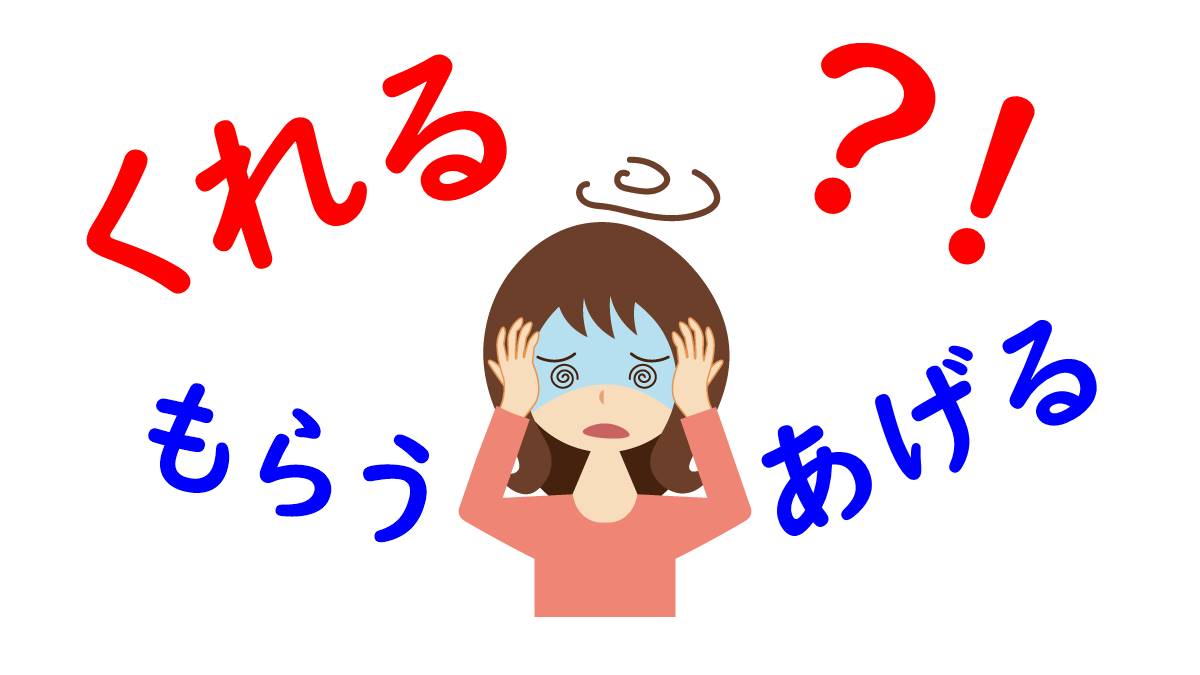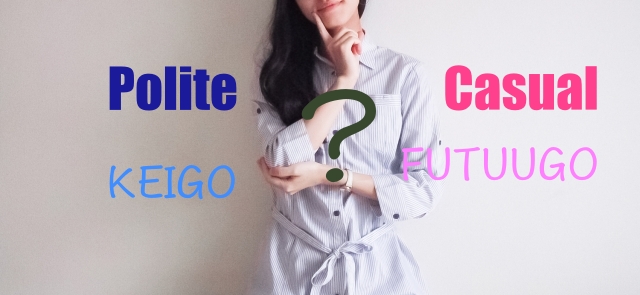Hi everyone, お元気ですか。
I feel a bit sad this summer because the fireworks event isn’t held due to covid-19. Speaking of Japanese summer, it is 花火(はなび).
It is fun to go to see the fire works. Wearing 浴衣(ゆかた)see the beautiful fire works and drinking cold one.
Maybe next summer…
The unique features of Japanese.
The other day, I had a lesson with one of my students who has been to Japan. He told me something quite interesting.
He said that Japanese language is like a poem.
So I thought he was talking about the sounds. But it’s not.
“Japanese language is like a poem” means….
It always implies something.
Japanese don’t speak directly.
I totally agree with him. And also I like that expression, poem thing.
What’s the difference あげる, もらう and くれる?
So, I tried to think about poem thing.
This is the most poetic Japanese expression, I think.
1) くれる
Most of students struggle with あげる、もらう、くれる.
Especially くれる seems to make you guys confused.
くれる is similar with もらう.
Technical speaking, the subject is difference.
for example…
わたしは、Aさんに、プレゼントをもらいました。
I got the present from A-san.
Aさんは、わたしに、プレゼントをくれました。
A-san gave the present to me.
The situation is the same. but the subject is difference.
“give” is including the meanings of あげる and くれる.
However, くれる includes give and the feeling of “Thank you” as well.
I think this is the kind of poetic expression. くれる imply your feeling of gratitude.
Even you don’t say “Thank you” out, We can understand your feeling if you use くれる.
So, くれる is often used between Japanese.
2) ~んです
んです is used when you want to make sure something or you want the reason why you do/did.
For instance,

This family having a backpack and wearing hut and shoes for mountain.
They are going hiking obviously.
So, you can ask to them ” ハイキングへ行くんですか。”
Thisんです is for make confirmation and ask explanation.
They can answer like “はい、富士山へ登りにいくんです。”
In this case, They should not answer like “はい、ハイキングへ行くんです。”
Because んですか means that you want to know the reason / explanation, which is something new information.
はい、富士山へ登りに行くんです。including the new information like going to Mt.Fuji. So this could be natural conversation.
ハイキングへ行くんですか。
→はい、ハイキングへ行くんです。
This above conversation is wired. The answer doesn’t respond the question because this has not new information.
んです also imply that I want to know the reason or something new information! even you don’t ask the detail.
When someone ask you using んですか, You should answer with new information or the reason.
Then, It going to be a natural conversation.
まとめ
どうですか。
言ってないのに、実は、言っている。
そんな表現が日本語には、たくさんあります。
確かに、詩のようですね。
日本人はこういう表現を好みますので
ぜひ、マスターしてくださいね!



コメント